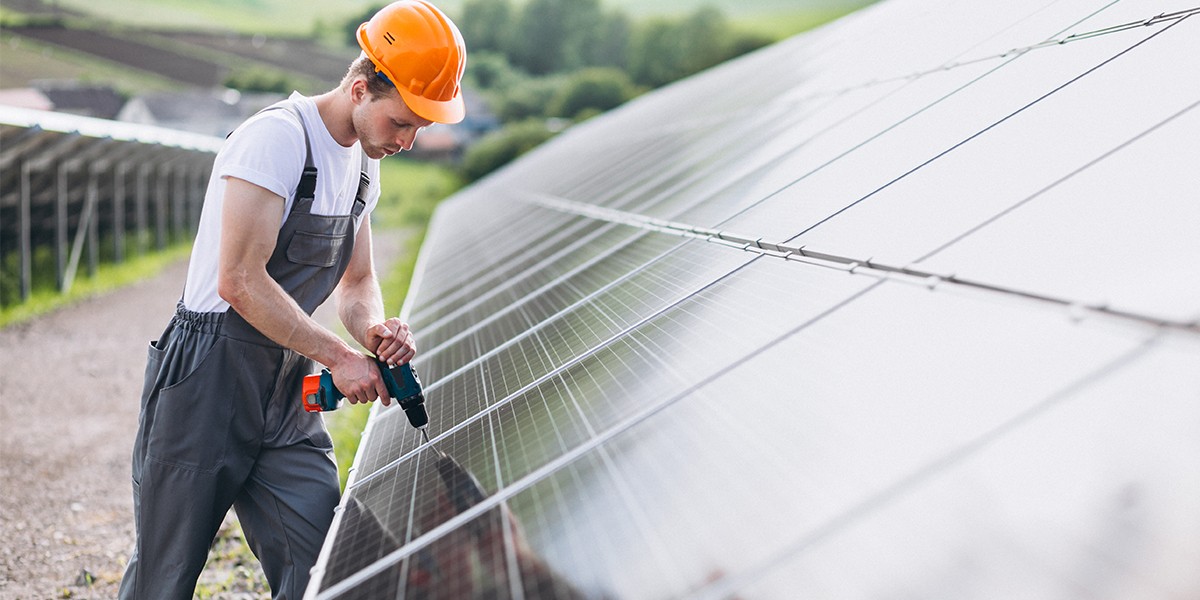
Solar energy is a type of renewable energy obtained by collecting and converting sunlight into usable energy through various methods. The energy can be utilized in electricity generation, heating, cooling, and water heating, among other applications. Solar panels are the most common tools used to harness the energy. With advantages such as being environmentally friendly, having low operating costs, and being an unlimited resource, solar energy stands out as a vital alternative for a sustainable future.
Uses of Solar Energy
Advantages of Solar Energy
Solar Energy Potential in Turkey
Turkey has a high solar energy potential due to its geographical location. According to data from the Ministry of Energy and Natural Resources, Turkey's average annual total sunshine duration is 2,741 hours, and the average annual total radiation value is 1,527.46 kWh/m².
Vestt Energy meets the energy needs of both individual and corporate customers by offering innovative and sustainable solar energy solutions. Vestt Solar, which specializes in the design, installation and maintenance of solar energy systems, stands out in the sector with its quality service approach. Solar energy plays an important role in meeting the energy needs of the future as a sustainable and environmentally friendly energy source. With the contributions of companies such as Vestt Energy, the usage areas and technologies of solar energy are rapidly developing and becoming widespread.
Frequently Asked Questions About Solar Energy
What is solar energy?
Solar energy is a renewable energy source obtained by converting rays from the Sun into electricity or heat energy using various technologies.
How does solar energy work?
Solar energy operates through photovoltaic (PV) panels or solar collectors:
The process harnesses the unlimited power of the Sun to provide a sustainable and eco-friendly energy solution.
What are the advantages of solar energy?
How much electricity do solar panels produce?
The amount of electricity produced by solar panels depends on the panel’s capacity, exposure to sunlight, and geographical location. On average, a 1 kW system can produce around 1,200-1,500 kWh of electricity per year.
What is the lifespan of solar energy systems?
Solar panels usually have a lifespan of 25-30 years. Other components such as inverters can last between 10-15 years.
Do solar energy systems work on cloudy days?
Yes, solar panels produce energy in cloudy weather, but their efficiency is lower than on sunny days.
Do solar energy systems increase the value of my home?
Yes, solar energy systems can increase the real estate value of your home as they reduce energy costs and are environmentally friendly.
Are there government incentives for solar energy systems?
There are various government incentives and support programs for solar energy systems in Turkey. For detailed information, you can visit the official website of the Ministry of Energy and Natural Resources.
Do solar energy systems require maintenance?
Solar panels are generally low maintenance. Periodic cleaning and system checks are sufficient to maintain efficiency.
How Do Solar Panels Work? With the ability to convert the clean and renewable energy provided by th...
Solar Storage Solutions Solar energy is increasingly popular among renewable energy sources around...
Photovoltaic (PV) Systems Conversion from Sunlight to Electricity Solar energy has become an incre...